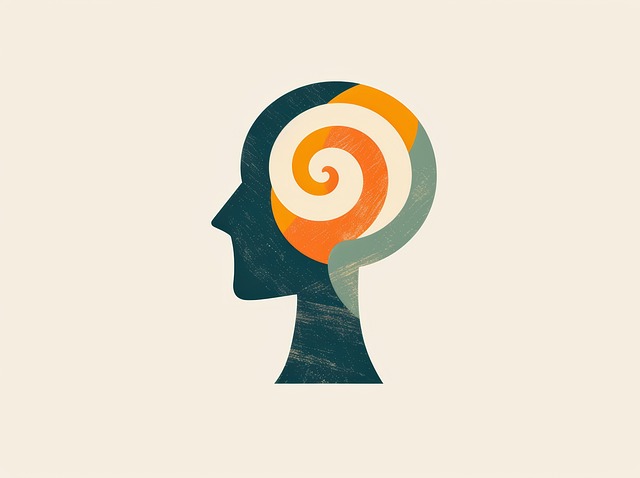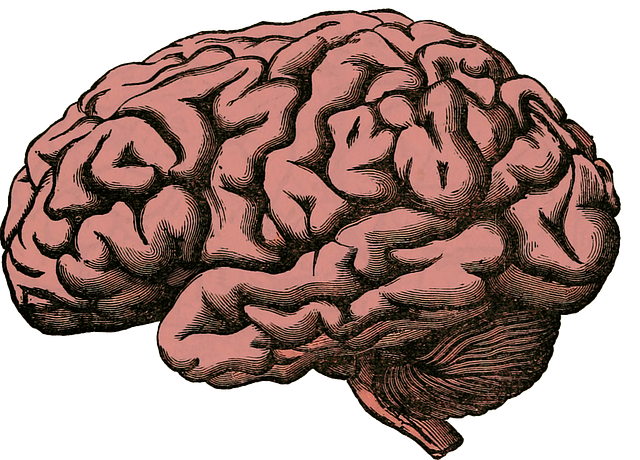Risk assessment is a vital tool for therapists treating sexual dysfunction in elders, addressing psychological, social, and historical factors. By understanding cultural beliefs, past experiences, and mental health status, tailored interventions can improve self-esteem and empower clients. This holistic approach involves educating clients and families, fostering open communication, and preventing caregiver burnout. Effective risk management through regular assessments and integrated coping skills development enhances therapy outcomes and client well-being.
Mental health professionals must navigate complex risks daily, especially when treating vulnerable populations like the elderly. This article guides therapists through essential risk management planning, focusing on three key areas: understanding risk assessment, managing risks specific to elderly clients with sexual dysfunction, and implementing effective strategies in clinical practice. By addressing these aspects, therapists can ensure safer, more comprehensive therapy for elders dealing with sexual dysfunction.
- Understanding Risk Assessment in Mental Health Therapy
- Identifying and Mitigating Risks for Elderly Clients with Sexual Dysfunction
- Implementing Effective Risk Management Strategies in Clinical Practice
Understanding Risk Assessment in Mental Health Therapy

Risk assessment is a cornerstone of mental health therapy, especially when addressing sensitive issues like sexual dysfunction in elders. It involves a thorough evaluation of a client’s situation to identify potential risks and hazards that could impede their therapeutic journey. For therapists, this process requires a nuanced understanding of the individual’s psychological state, social environment, and personal history. By assessing these factors, therapists can develop tailored interventions aimed at mitigating risks and enhancing recovery.
In the context of therapy for elders with sexual dysfunction, risk assessment goes beyond merely identifying physical or emotional vulnerabilities. It delves into exploring cultural beliefs, past experiences, and mental health awareness—all of which shape an individual’s relationship with their sexuality. Incorporating self-esteem improvement strategies and mind over matter principles can empower clients to overcome societal barriers and personal challenges, fostering a safer and more supportive environment for therapy.
Identifying and Mitigating Risks for Elderly Clients with Sexual Dysfunction

For mental health professionals working with elderly clients, addressing sexual dysfunction is a delicate yet crucial aspect of care. This population often faces unique challenges related to age-related physical and cognitive changes, which can lead to sexual issues. Identifying these risks early through comprehensive risk assessments is essential for effective therapy for elders sexual dysfunction. Such evaluations should consider the client’s medical history, mental health status, and social dynamics to ensure a holistic approach.
Effective risk management involves not only identifying potential harms but also implementing strategies to mitigate them. Mental health professionals can play a vital role in educating clients and their families about normal age-related changes versus sexual dysfunction. They can employ conflict resolution techniques to address any sensitive topics that arise, fostering open communication. Moreover, preventing burnout among care providers is key; ensuring they have the necessary resources and support to manage complex cases can positively impact client outcomes and overall satisfaction with care.
Implementing Effective Risk Management Strategies in Clinical Practice

Effective risk management strategies are essential for mental health professionals to ensure the safety and well-being of their clients, especially when addressing sensitive issues like therapy for elders with sexual dysfunction. Implementing robust systems can mitigate potential risks and promote positive outcomes. One key strategy is integrating coping skills development into treatment plans. By equipping individuals with tools to manage stress reduction methods and mood disorders, therapists empower clients to navigate challenges proactively.
Additionally, regular risk assessments tailored to each client’s unique needs are crucial. These evaluations allow professionals to identify vulnerabilities and implement appropriate interventions promptly. Through these measures, mental health practitioners can create a secure environment, fostering trust and encouraging open communication. This, in turn, enhances the effectiveness of therapy, particularly when addressing complex issues like sexual dysfunction among elders, while ensuring the overall well-being of everyone involved.
Mental health professionals play a vital role in addressing complex issues, such as sexual dysfunction among the elderly. By implementing robust risk management planning, therapists can enhance patient safety and foster effective treatment outcomes. This includes a comprehensive understanding of risk assessment, tailored strategies for vulnerable populations like the elderly, and practical tools to mitigate potential risks in clinical settings. Integrating these practices ensures that therapy for elders with sexual dysfunction is both secure and empowering, reflecting the highest standards of care.














